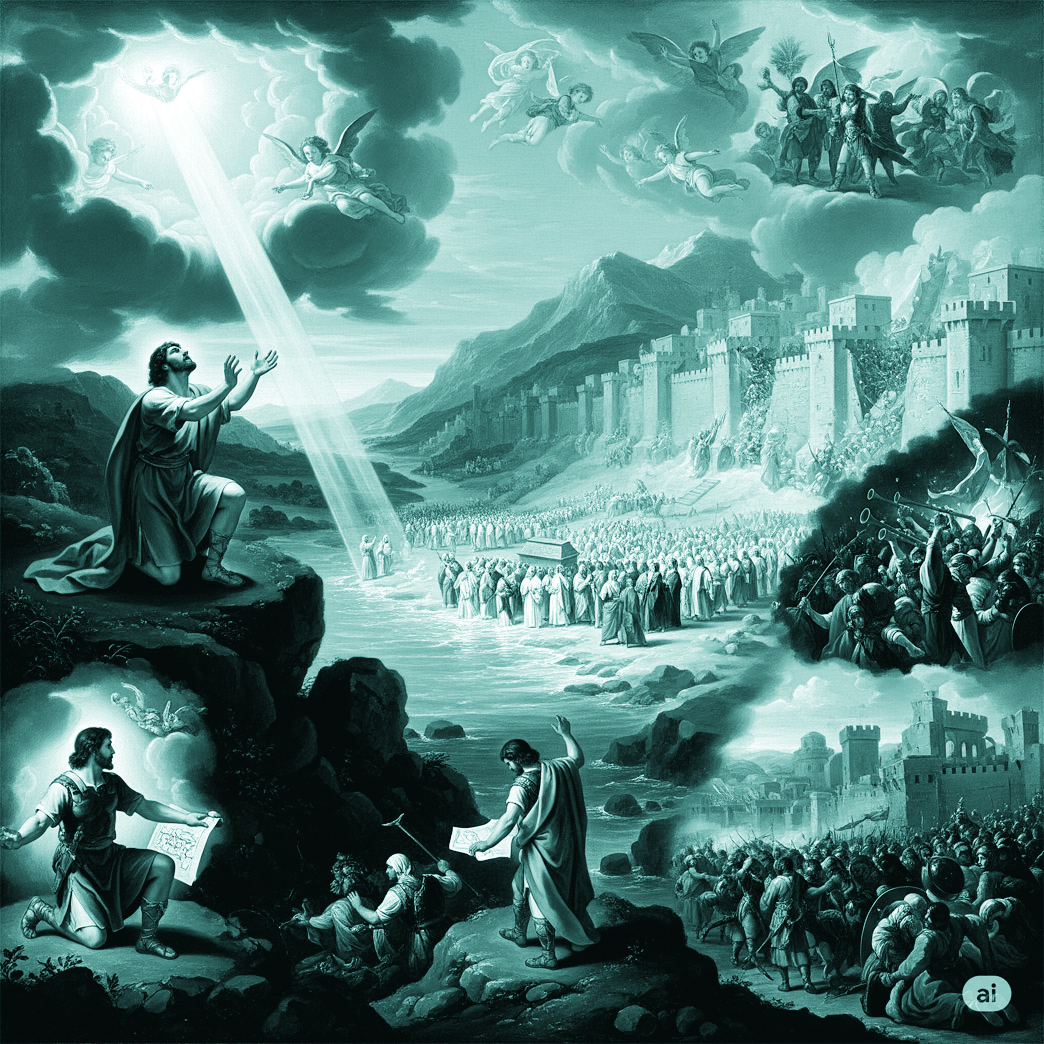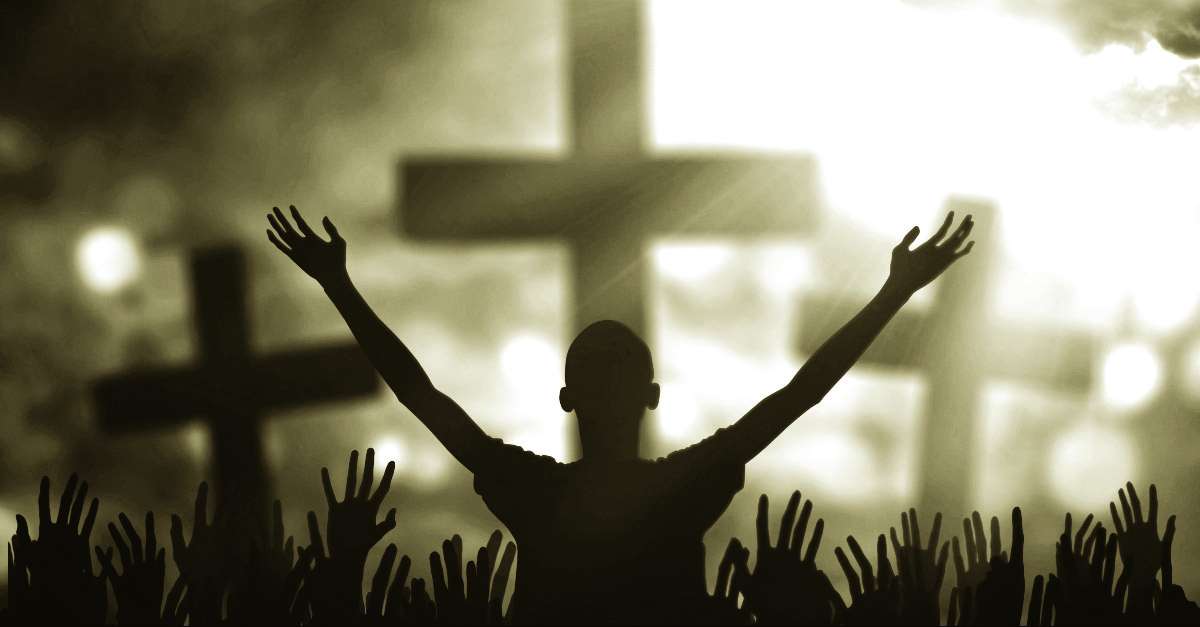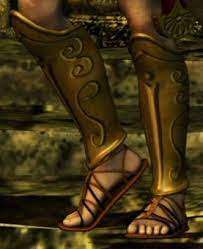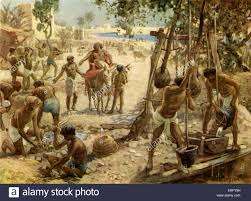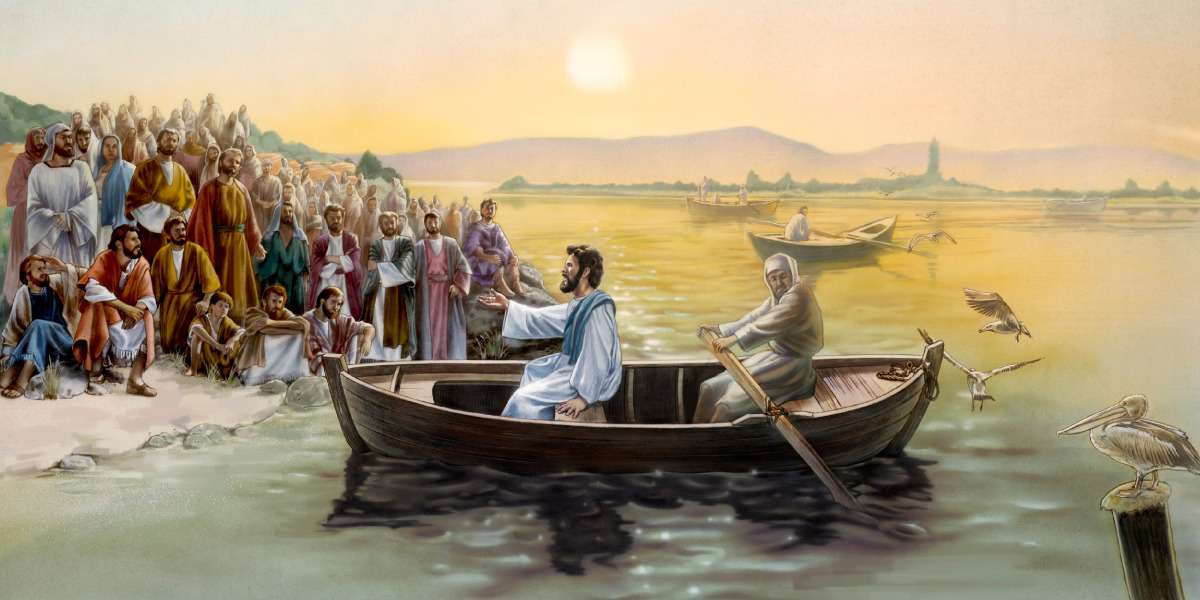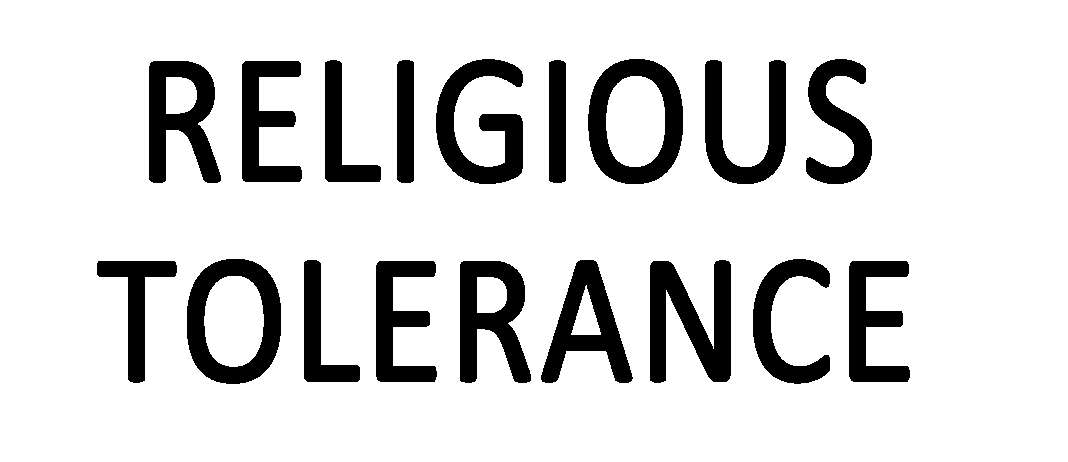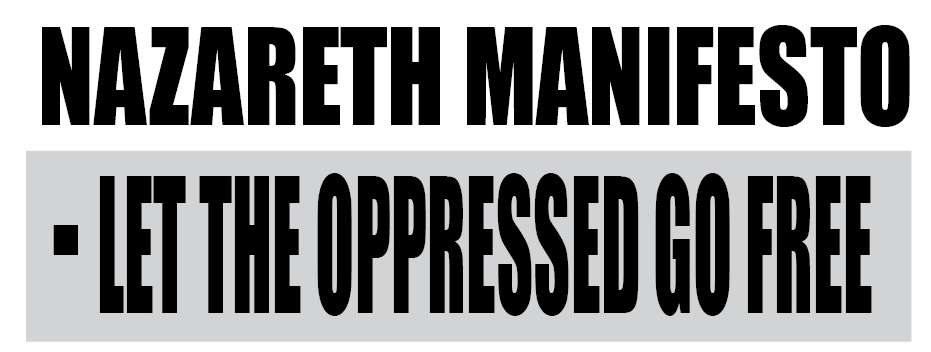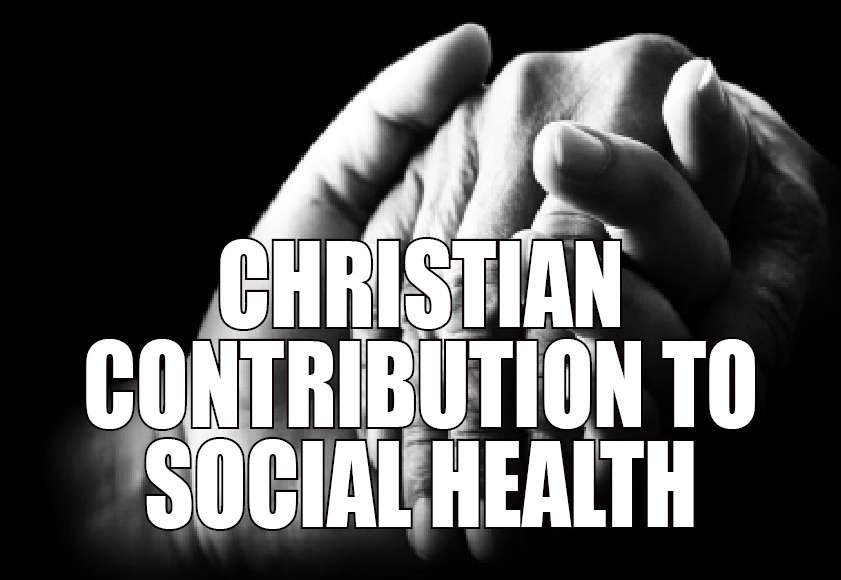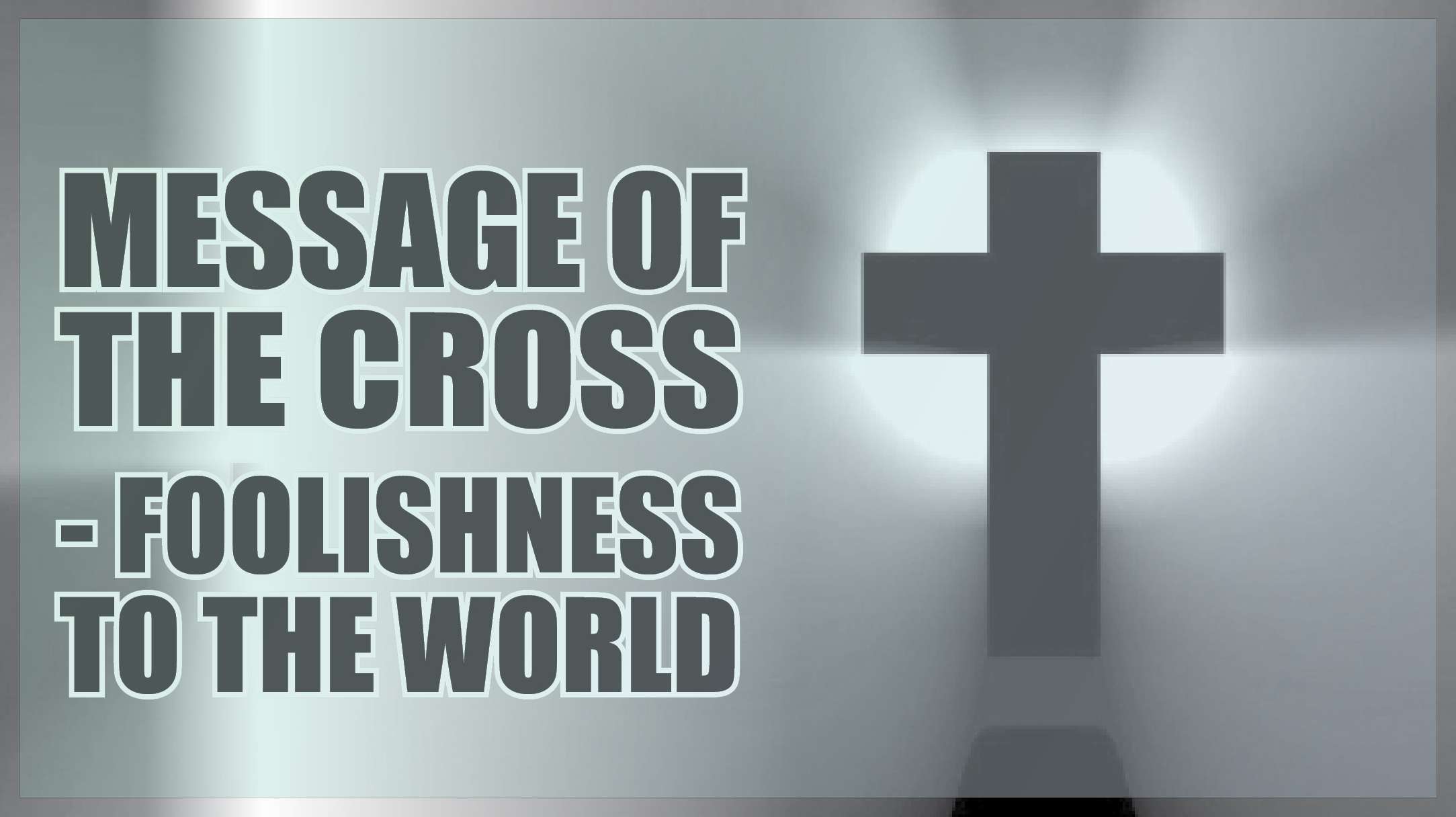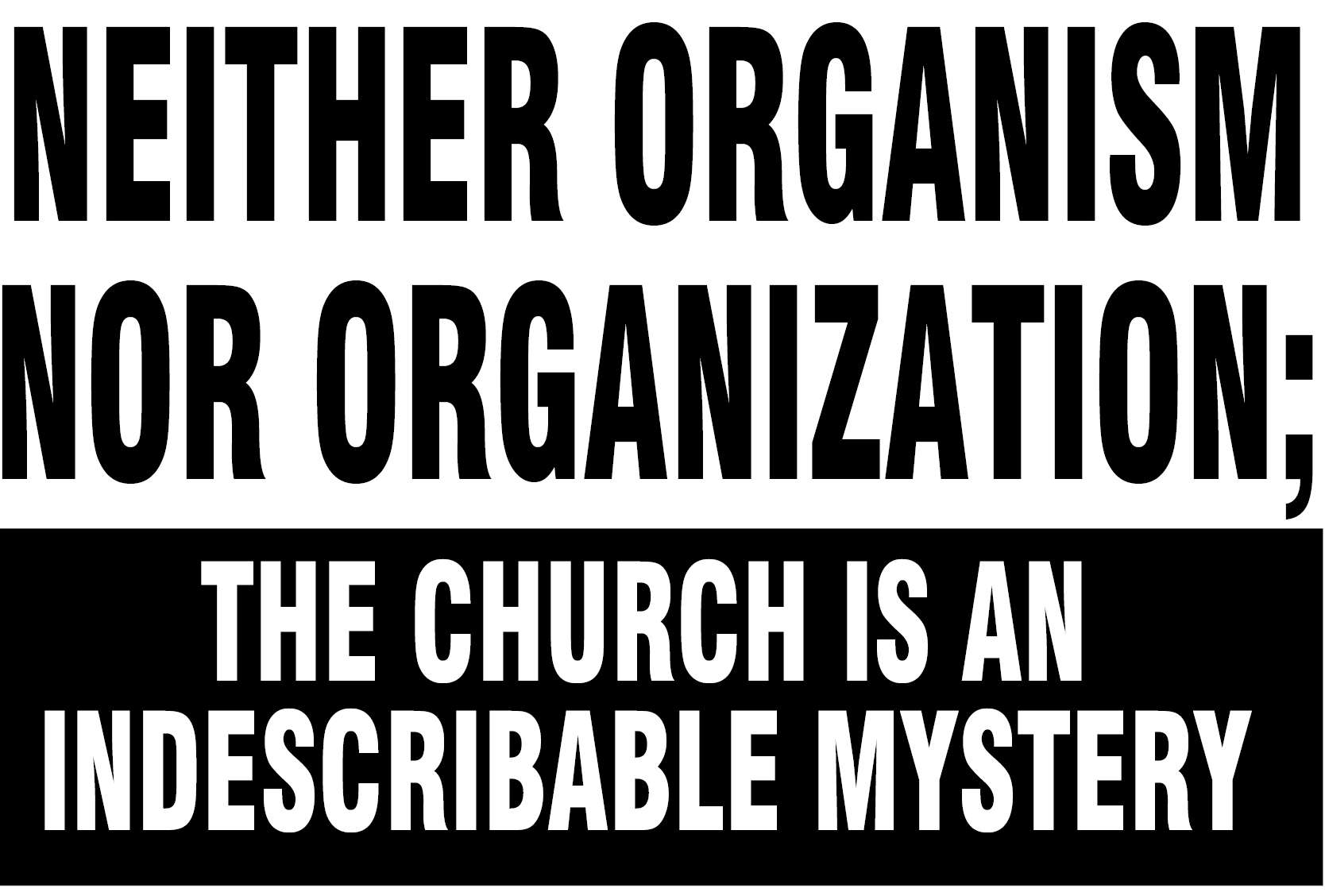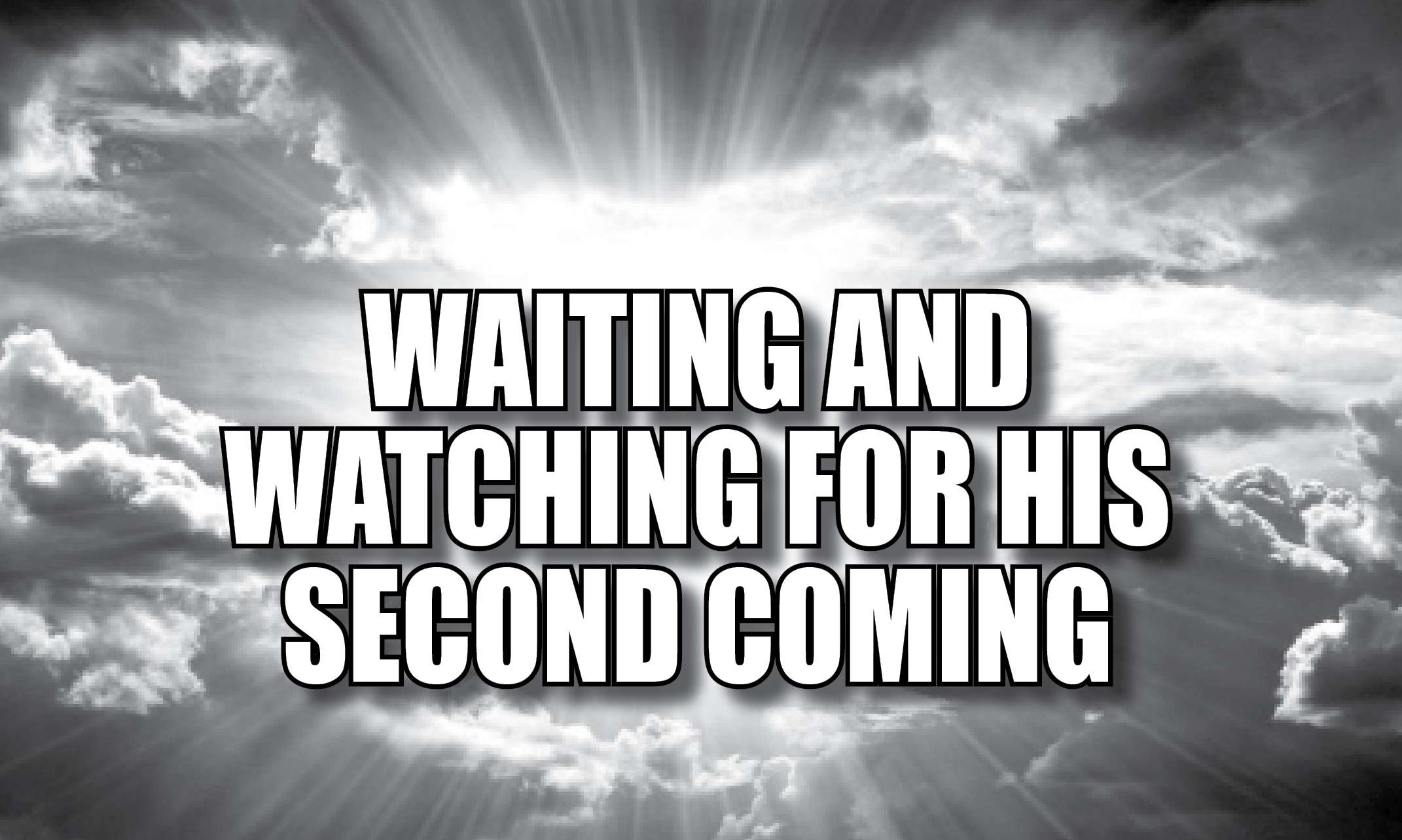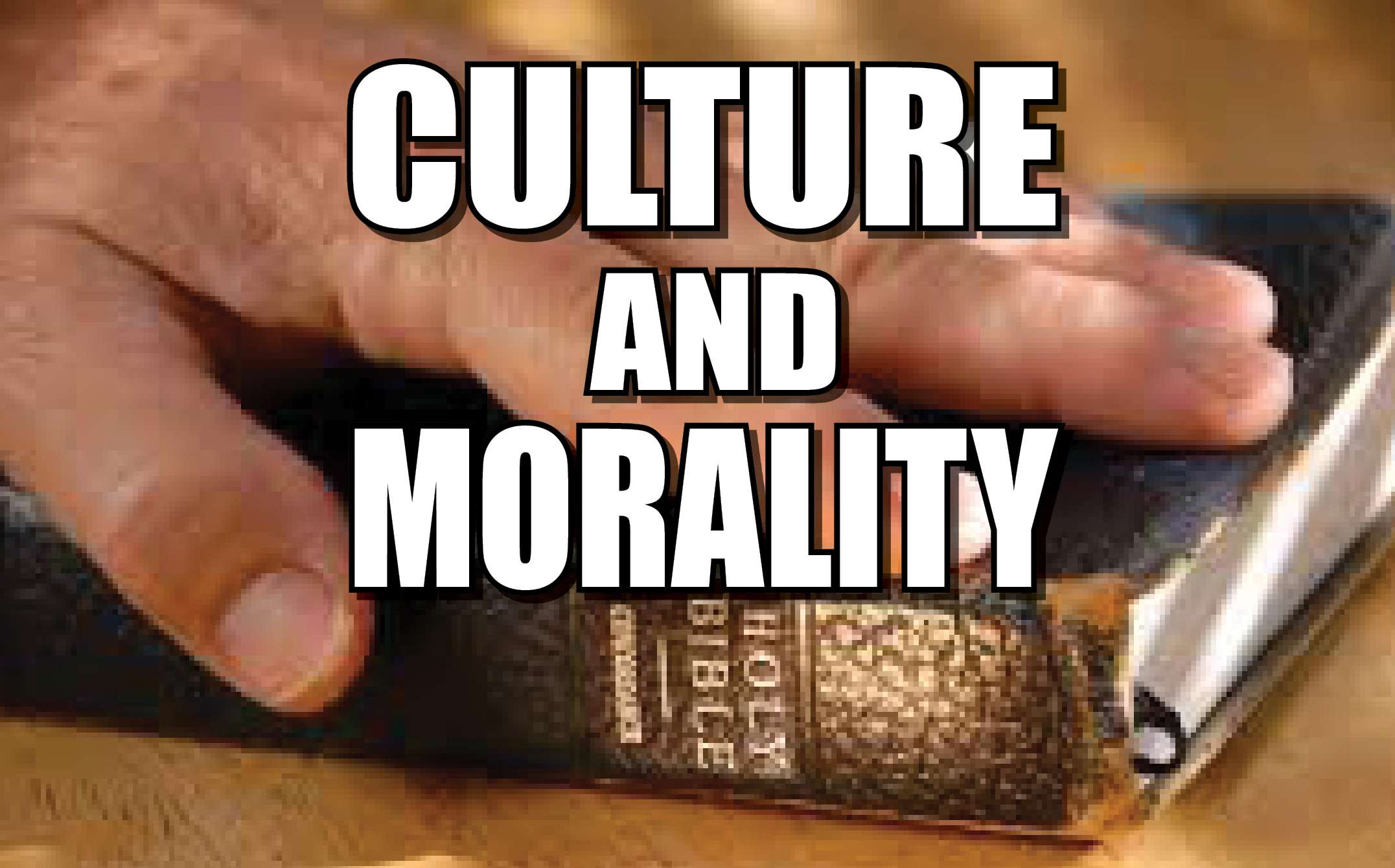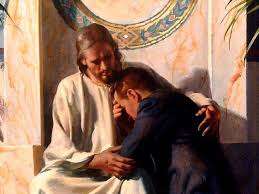

Revenge, Justice and Forgiveness
Dr. J. N. Manokaran
Easter is a time people meditate about the Cross. The world is full of hurt people. There are many victims of human atrocities or human negligence. Some have suffered as individuals and some have as community or ethnic group or even a nation. They wish to handle in three different ways: revenge, justice and forgiveness.
Natural instinct: Revenge
Revenge is the natural instinct of any person. A person who is hit or hurt would emotionally respond with revenge and vengeance. S/he would like the other person to experience the same loss, pain, hurt and suffering. The Moses Law spells this: “‘Anyone who takes the life of a human being is to be put to death. Anyone who takes the life of someone’s animal must make restitution—life for life. Anyone who injures their neighbor is to be injured in the same manner: fracture for fracture, eye for eye, tooth for tooth. The one who has inflicted the injury must suffer the same injury. Whoever kills an animal must make restitution, but whoever kills a human being is to be put to death.” (Lev 24: 17-21) Around the world a similar interpretation of punishment could be seen in almost all culture.
This kind of response is seen in many places in the world: riots, rapes, robbery…etc. The demand for the arrest of Anderson, the President of Union Carbide is an example. By the arrest or even death penalty cannot compensate of the death of thousands of people. The demand for hanging those who involved in rape even without trial is another example. In some places in India, a robber caught in act has been killed – mob justice.
Evolved Justice?
In the history, as human beings developed in understanding, they started looking justice from a different perspective. For example the Anglo-Saxon legal code substituted payment of wergild, which is defined as a value for that person or property. They had a fixed value for life according to the person’s social status. Homicide was compensated by paying the appropriate wergild regardless of intent. It may be termed as compensation when crime was calculated in material terms.
Abel’s blood
God confronted Cain who killed his brother out of envy. Cain must have thought the dead corpse became silent and cannot speak. Of course, there were no eye witnesses. In his times, there were no police, judge or jails. “The LORD said, “What have you done? Listen! Your brother’s blood cries out to me from the ground.” (Genesis 4:10) God is the Eternal Judge; no one can escape accountability and scrutiny before him.
Governmental justice
God is interested in justice and has ordained governments. “For rulers hold no terror for those who do right, but for those who do wrong. Do you want to be free from fear of the one in authority? Then do what is right and you will be commended. 4 For the one in authority is God’s servant for your good. But if you do wrong, be afraid, for rulers do not bear the sword for no reason. They are God’s servants, agents of wrath to bring punishment on the wrongdoer.” (Romans 13:3,4.) These rulers and administrators were supposed to praise good, protect the righteous and punish the evil doers based on natural law and revealed law. There are and would be occasions when people in authority arrogate themselves as demi-gods and gods and pervert justice. There are many in the past history and contemporary history who misrepresent power and bring sorrow to huge number of people. War crimes, apartheid and tragedies like Bhopal gas leak brought immense loss, sorrow and suffering to numerous people.
For these people who went through immense suffering, where is the solace? Is killing of few who perpetuated such crime give a sense of satisfaction? Will it compensate their loss of a brother or sister or parent or spouse? What difference it will make for a maimed person of gas tragedy in the city of Bhopal if Anderson is arrested and put in jail or hanged? Justice seems to evade the victims. There are no answers for this complex human tragedy.
Forgiveness and reconciliation
In this context, the model of Lord Jesus Christ and death on the cross of Calvary makes sense. Here Lord Jesus Christ becomes vulnerable, weak, refused to respond in same terms, and victim of unimaginable violence. It was physical, emotional and mental horror he endured. Lord Jesus Christ identifies Himself with numerous victims throughout history. He created New Way by the Spiritual principle of Forgiveness and Reconciliation. Lord Jesus refused to descend to the level of persecutors but held a moral and spiritual high ground. “When they hurled their insults at him, he did not retaliate; when he suffered, he made no threats. Instead, he entrusted himself to him who judges justly.” (I Peter 2:23) Instead of seeing himself as victim, he becomes the dispenser of good that included forgiveness. The giver is greater and powerful than the receiver. When the world powers (Roman political power, Religious power of Judaism and mob power of nationalism) attacked Lord Jesus, he responded with the Spiritual power of forgiveness and defeated the enemies who were aligned with Satan.
South Africa model
Nelson Mandela who fought for ending apartheid did not chose the traditional African method of revenge and vengeful justice. Bishop Desmond Tutu influenced Nelson Mandela with the Christian principles of forgiveness and reconciliation. That nation nobly chose to respond by forgiveness and reconciliation. Globally, the social scientists did not know how to respond to this spiritual-political response. South Africa understood cross as the symbol of forgiveness and reconciliation.
Challenge
Revenge and baying for blood is when I live by my emotional response. Seeking justice is when I act on my intellectual or rational faculty. Forgiveness and reconciliation is when I respond spiritually. Revenge and justice is to dwell in the past and without perspective of future. Forgiveness and reconciliation if the perspective of hope and of future.
St. Paul writes: “Do not take revenge, my dear friends, but leave room for God’s wrath, for it is written: “It is mine to avenge; I will repay,”says the Lord.20 On the contrary: ‘If your enemy is hungry, feed him; if he is thirsty, give him something to drink. In doing this, you will heap burning coals on his head.’ Do not be overcome by evil, but overcome evil with good.” (Romans 12: 19-21)
When Lord Jesus Christ called his disciples, he called them to carry the cross – the symbol of forgiveness and reconciliation and follow him. It is not an easy for me. I trust His grace and The Spirit of God will help me to do this.

